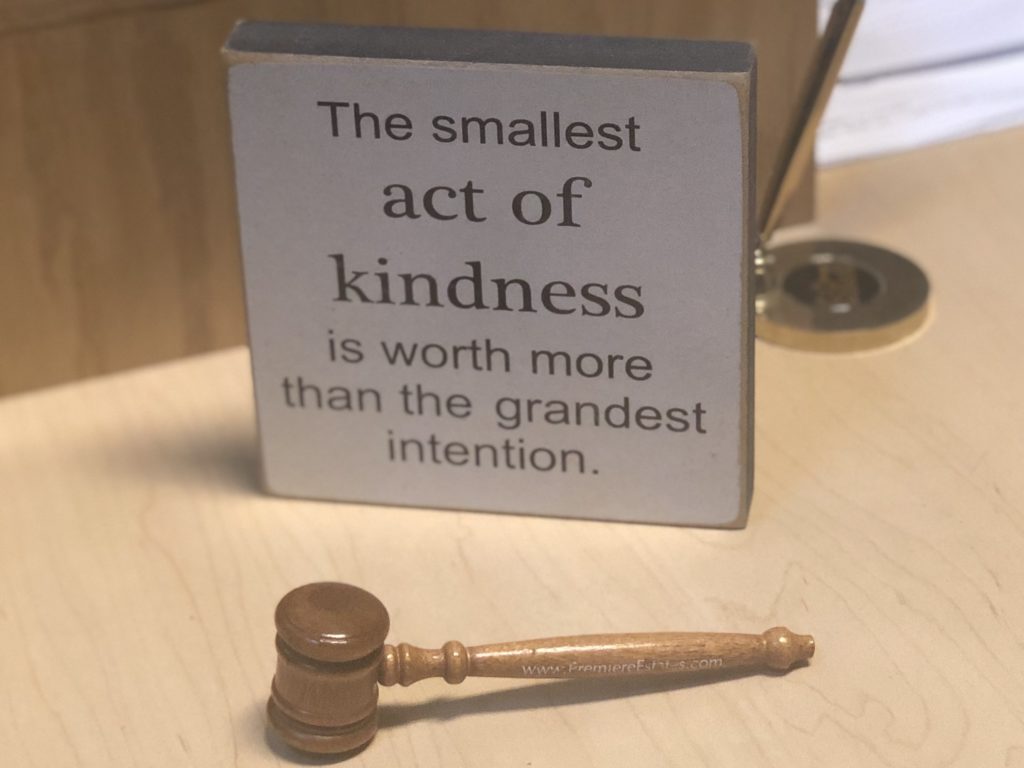Professional Guardianship / Trustee Services
Since 2001
Share & Care House provides Conservatorship, Guardianship, Trustee, and Power of Attorney Services.
Currently accepting new referrals.
Service Area
Share & Care House provides Conservatorship, Guardianship, and Trustee services in Pierce, and King Counties under the direction of local courts.
Other counties are considered on a case-by-case basis.


Our TEAm
Share & Care House operates as an Organizational Certified Professional Guardianship Agency with 4 Certified Professional Guardians plus two Case Managers and Fiduciaries.
Please contact us via phone for any guardianship / trustee inquiries.
253-564-4177 ext.117
FAQ
Guardianship Frequently Asked Questions
A guardian is a person or agency appointed by a court to manage the affairs of another, called the ward or incapacitated person.
Guardianship is the management of the affairs of a person who has been judged unable to manage his or her own affairs. It is a legal relationship between a competent adult and a person who is 18 or older, and who has a disability which causes incapacity. The disability may be caused by:
- mental deterioration,
- physical incapacity,
- mental illness, or
- developmental disability.
A guardian assumes the rights of the incapacitated person to make decisions about many aspects of daily life making decisions in his or her best interest. The guardian’s actions are reviewable by the court.
- A developmental disability or mental illness is not, by itself sufficient reason to declare someone incapacitated. Incapacitation has to do with a person’s inability to make a decision or, with the risk of harm that they may experience due to their inability to provide for themselves or manage their affairs.
Guardians are appointed by Superior Court judges or court commissioners. Appointments are made in response to petitions filed in the Superior Court. Any interested person may file a petition. This does not mean they want to be the appointed guardian.
The petition asks the court:
- to determine that the person identified in the petition is incapacitated, and
- to appoint a guardian.
Before Guardianship is granted, four steps must be taken:
- Notice of the guardianship petition must be given to the person identified in the petition;
- The court must appoint a person (called a “guardian ad litem”) to conduct an investigation and report to the court;
- The guardian ad litem must obtain a statement from a physician or psychologist; and
- A hearing must be held.
RCW 11.88.010(1) defines when a person may qualify for a guardianship.
Guardianship of the Person:
The individual has a significant risk of personal harm based upon a demonstrated inability to adequately provide for
- nutrition,
- health,
- housing or
- physical safety.
Guardianship of the Estate:
The individual has a significant risk of personal harm based upon a demonstrated inability to adequately manage
- property or
- financial affairs.
Practical questions determining need for guardianship:
- Does the person understand that a particular decision needs to be made?
- Does the person understand the options available in any decision?
- Does the person understand the consequences of each option?
- Is the person able to properly inform appropriate parties once the decision has been made?
Sometimes guardianships are pursued unnecessarily when a person needs help managing finances or personal care, and friends or family are unsure what to do. One or more alternatives may address the problem.
A representative payee is a person who is appointed to manage Social Security benefits on behalf of an individual. Requests for a representative payee should be directed to Social Security.
Social and health services that may be arranged directly from providers or through case managers include: respite care, information and referral, adult day care, home health care, homemaker and personal care, home delivered meals, mental health services, day program and vocational services, tenant support and transportation. Eligibility for publicly funded services may depend on income, age and type of disability.
Alternatives to Guardianship:
- Case/care Management
- Community Services
- Durable Power of Attorney
- Healthcare Power of Attorney
- Joint Tenancy
- Living Trusts
- Living Wills
- Money Management Services
- Representative Payeeships
- Respite Care & Other Services
